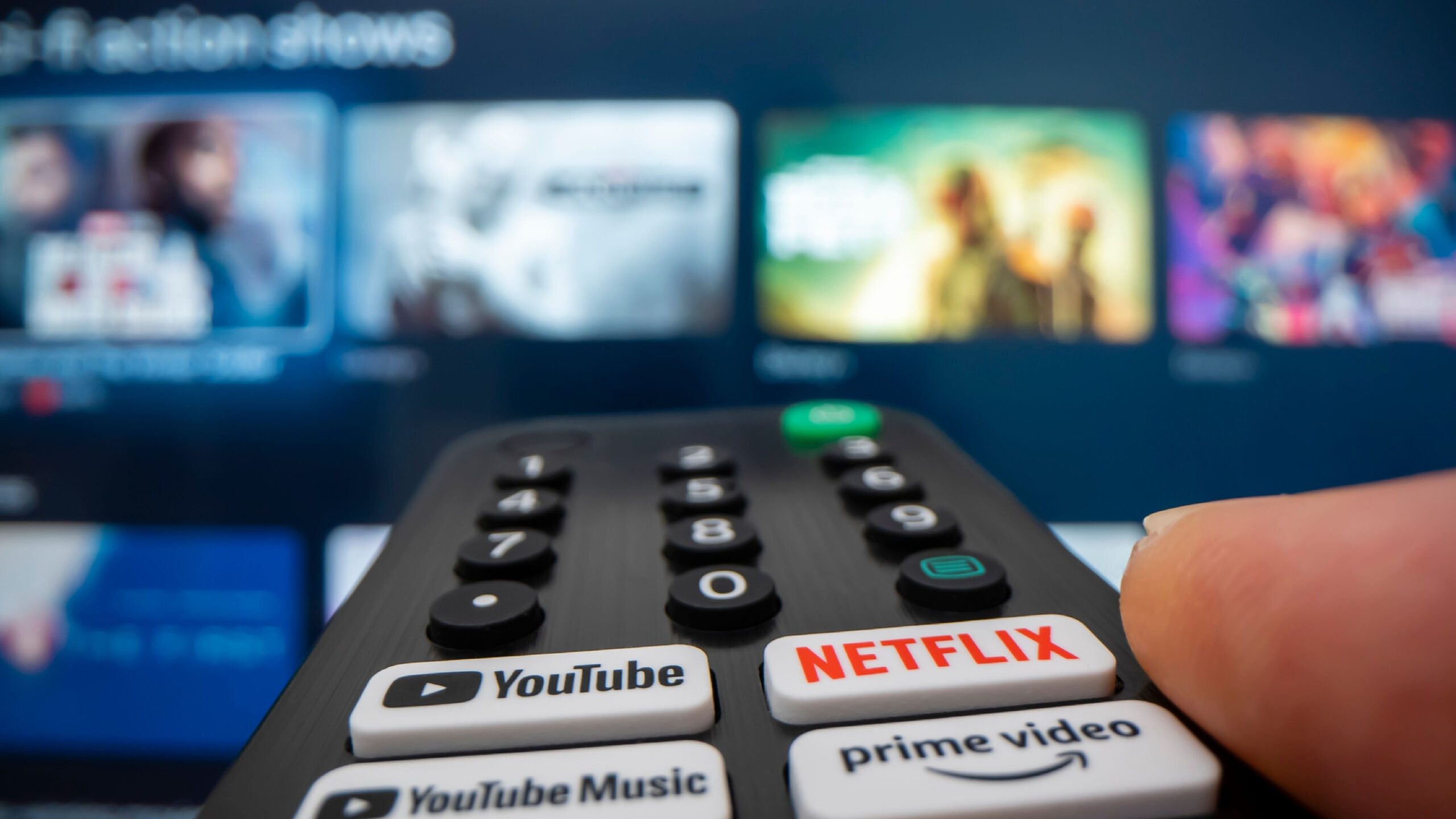How Will The Net Neutrality Rollback Affect Music Streaming?
Despite criticism and backlash from over 20 million consumers, public interest groups, online platforms, and the majority of state governments, the Federal Communications Commission’s (FCC) repeal of its net neutrality rules officially went into effect on Monday, June 11th.
The FCC’s now-extinct Open Internet rules prohibited Internet Service Providers (ISPs) from discriminating against lawful Internet content such as blocking websites or applications and slowing the transmission of data (“throttling”) because of the nature of the content. The rules also prevented ISPs from creating “fast lanes” for some while slowing down connections for others. As a result of the FCC’s action, ISPs now have the power to do all three as long as they disclose it.
Perhaps a decade ago the absence of laws prohibiting this activity may not have been as well known, however, as our lives increasingly depend on the Internet, it is important to keep in mind the impact of this decision.
It is not unrealistic to expect that in the absence of net neutrality rules, larger ISPs will feel more comfortable using their positions as the access points of the Internet to block or throttle content that they do not own. For example, ISPs could intentionally block or limit available bandwidth and slow down Internet connection to decrease congestion due to high-use sites or services. The FCC’s decision also marks the beginning of a new shift in the media and broadband industries, and we are already seeing changes, especially with larger ISP companies consolidating with media companies for fear that they can no longer compete.
The next day, June 12, a federal judge found that AT&T’s acquisition of Time Warner for $85.4 billion did not violate antitrust laws, and he approved it without any conditions. Unfortunately, the government did not take into account the broader implications of the net neutrality repeal when presenting their arguments.
The net neutrality repeal and the AT&T/Time Warner merger could cause the digital space to become an unfair market for companies to fairly compete and for consumers to objectively choose between services. For example, a company like AT&T can refuse to transmit competitors’ content in an equivalent fashion or raise the prices to the point where smaller services are eventually shut out of the market. This could result in limited service options for consumers and force them to choose based on a narrowly tailored pool.
In the wake of these recent decisions, there is some fear that larger ISPs that own significant content assets will leverage their power to deliver their content to consumers to the detriment of competing content services. Among the industries that have expressed concerns about the negative effects of the net neutrality repeal, some music content providers raised issues regarding the impact on consumers and how they interact with the Internet via music streaming services. For example, Spotify recently voiced its concerns about the potential harm repealing net neutrality could have on its business. Like other streaming services, Spotify depends on Internet connections from ISPs, third-party platforms, consumer electronics hardware, and laws and regulations that are out of its control.
In the absence of the net neutrality rules, Spotify specifically voiced concerns, in its recent Prospectus filed with the SEC, that it would be put at a “competitive disadvantage relative to larger competitors” if “broadband providers in the United States decrease access to certain content, start entering into arrangements with specific content providers for faster or better access over their data networks, or otherwise unfairly discriminate against content providers like [Spotify].”
Within the last decade, streaming services have become one of the primary sources for consumers to download and listen to music, videos, and other entertainment. Listeners are able to download streaming services to their phones, tablets, or computers, usually in exchange for a monthly fee, but often they are offered for free. According to the Recording Industry Association of America (RIAA), in 2017 music streaming platforms made up 65% of total U.S. music industry revenues, contributing about $5.7 billion toward the $8.7 billion industry retail value. This is the first time since 1999 that music revenues grew materially two years in a row. In a sense, streaming platforms are saving the music industry.
In light of the unconditional merger with Time Warner, it is possible that AT&T has more of an incentive to enter the music industry as part of their expansion. Selling new music streaming services directly to consumers, for example, could put AT&T on the same playing field with services like Spotify. AT&T would be in a better position to collect information on users’ listening habits and preferences, which would allow AT&T to also cross-promote or tie a music service to its broadband service.
Using AT&T as an example, while the net neutrality rules were still in place, AT&T, which also owns satellite TV provider DirecTV, allowed its customers to stream DirecTV content without hitting data caps, while services like Netflix still counted against the data limits. This tactic, also known as “zero rating,” could have persuaded AT&T’s customers to use DirecTV’s streaming services over a competitor’s. Although AT&T did not face any enforcement actions for this practice, one can only imagine what it can do now without net neutrality restrictions.
Additionally, in April, during testimony in the merger trial, AT&T chief executive Randall Stephenson introduced a new online streaming app, “WatchTV,” that’s now expected to manifest in the coming weeks. The app will cost $15 per month and provide a number of cable programming options that specifically exclude sports content. However, the app will be free for AT&T wireless subscribers who have an unlimited data plan.
Ultimately, AT&T could have the power to charge less for or speed up connections to its own services to make them more attractive to AT&T’s subscribers. Because streaming services rely on access to quality music as their competitive advantage, they are put at a significant disadvantage when broadband providers have the power and ability to discriminate against competing services.
Without enforceable net neutrality rules, major broadband providers like AT&T are free to use their power over Internet access in ways that may impact consumers and smaller competitors. Although the rules were officially repealed last week, we likely won’t see immediate changes in part because of public scrutiny. However, as vertical mergers become more popular and companies have more leverage to consolidate, we are bound to see changes within the next year.
Kiara Ortiz is a Law Clerk at CCIA and a rising 2L at American University Washington College of Law.








